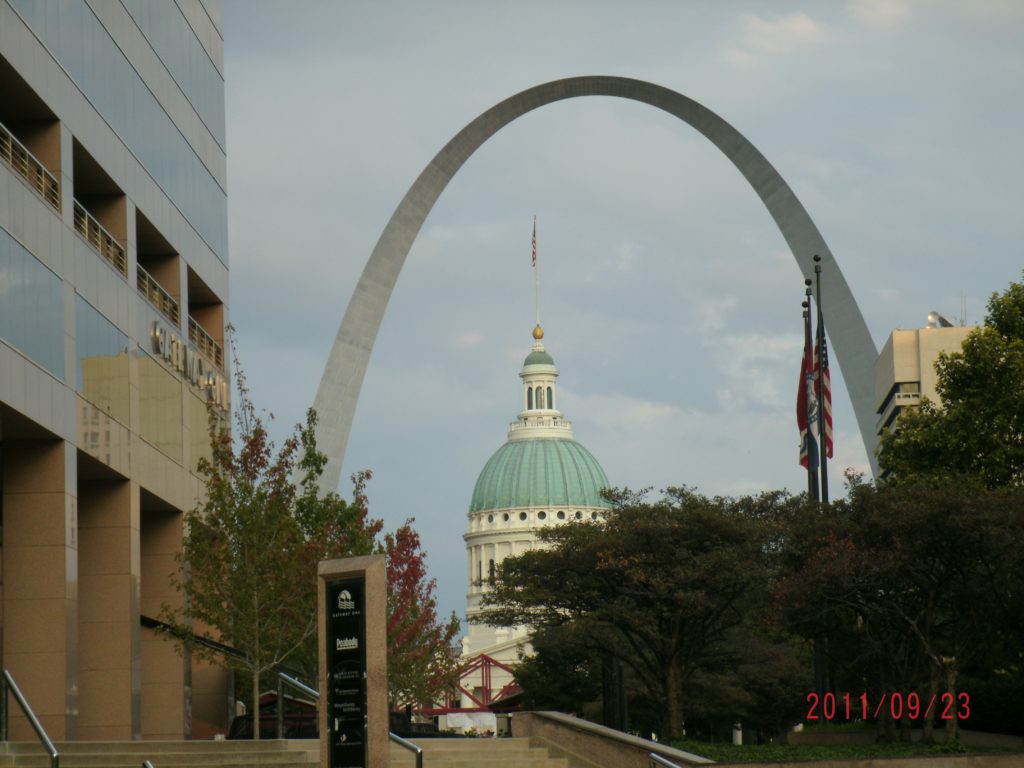What Was And What Might Be: The Fifteenth Article
Our guest this week is Linda Rondeau, author of the soon-to-be-released novel, The Fifteenth Article (Elk Publishing).
– – – – –
When we look back and then forward, we discover that the adage is true:
The more things change
The more things stay the same.
My soon to be released futuristic political thriller, The Fifteenth Article, takes place in the last part of the 21st century, circa 2073, only fifty-six years from now. I thought we might take a drive down memory lane to fifty-six years ago, 1961.
The first year of the 1960’s proved to be a transition year—one that would propel society toward major political, social, financial, and scientific change.
Political Climate:
Political upheaval has existed since Cain was ousted from the known establishment of his time because he’d murdered his brother. A new hierarchy developed from Cain’s replacement, Seth. And so the beat goes on, as the song of 1967 echoed.
In 1961, America’s involvement in Southeast Asia ramped up. So began the divide between hawks and doves, a division that would define American politics for the next several decades. On the world stage, construction of the Berlin Wall became a symbol of the sharp divide between east and west, communism and capitalism, a free society and a controlled society.
In The Fifteenth Article, mankind is still in flux. The world survived tsunamis, pandemic, and global war to form a short-lived democratic global government called The Accord. However, the system was too weak, and a new government took its place called The Constitutional Government ordered by Fourteen Articles of Constitution.
Like all governments, factions arise that are dissatisfied and threaten world stability, including a would-be Caesar who has manipulated the constitution to set himself up as a new world dictator.
Where governments exist,
there will always be those
who will rise up against it.
Social Climate
The 1960’s was a decade of enormous social change, especially in the area of civil rights.
Much of what transpired in the later part of the decade stemmed from the early clashes of unrest and civil disobedience.
Perhaps the most famous civil unrest came from the Freedom Riders, who tested the Supreme Court decision Boynton v. Virginia by riding racially integrated interstate buses into the South.
In 2017 the world population is estimated at 7.5 billion compared to 4 billion just 56 years ago. In my fictional world of 2073, the population is only 2 billion. Because of labor shortages, genetic engineering produced a classification of sub-humans called “memes.”
Since the days of The Exodus,
the human spirit has yearned to be free.
We who believe know such true freedom
is only found in Christ.
So do those in 2073, called Christ Followers.
Economic Climate
1961 saw the end of a ten-month recession that began in April 1960. Though the recession ended, unemployment remained high.
 In the fictional world of 2073, cities comprise the largest economic centers of the world’s nineteen providences. Outworlds are inhabited by non-citizens. Some are defectors who gave up their citizenship for more personal freedom. The largest and most organized of these outworlds is The Network, a series of six communities formerly known as states. They have become illegally self-governing. However, the Network is the largest provider of food for the cities. They have been allowed to exist in return for a tithe of goods. However, their growth threatens the concept of a global government.
In the fictional world of 2073, cities comprise the largest economic centers of the world’s nineteen providences. Outworlds are inhabited by non-citizens. Some are defectors who gave up their citizenship for more personal freedom. The largest and most organized of these outworlds is The Network, a series of six communities formerly known as states. They have become illegally self-governing. However, the Network is the largest provider of food for the cities. They have been allowed to exist in return for a tithe of goods. However, their growth threatens the concept of a global government.
Since early history, economics have determined who controls what.
Cultural Climate
Culture has always been reflected in a society’s entertainment fads and everyday life. In a pluralistic society, conflict arises when one group forces their preferences or religious ideation upon another. In 1961, America considered itself a Christian nation. Most attended a house of worship or held association with a religious denomination.
In the fictional world of 2073, organized religion was blamed for a great war between Christians and Muslims called The Schism. As a result, society outlawed religious expression of any kind.
History has shown that the quest for domination has always been disguised in the form of outward religiosity. Those who follow the Lord know that true religion begins in a heart that has been surrendered to a sovereign God.
In a future world, with the demise of outward manipulation of what is deemed right Christianity, Christ Followers have set aside denominational differences and have banned together in common knowledge that God is still on the throne and remains involved in Mankind’s walk on this Earth. That as long as the earth endures, summer, winter, and harvest will remain.
Science and Technological Climate
Since the discovery of fire,
Mankind has adored the newest gadgets.
In 1961, touch-tone technology had been developed but did not come into wider use until 1963. In a future world, communications will be managed through a micro device, illegal for outworlds but still in use. The micro is a computer-like device that can be held in the palm of one’s hand and connects through the Mainframe.
In fact, in the domed cities, every aspect of life is monitored and controlled through the Mainframe. While crime is virtually non-existent, personal freedom has all but vanished.
Since the dawn of history, men have sought for life, liberty and the pursuit of happiness. Will 2073 bring society closer or farther from this goal?
– – – – –
 Winner of the 2012 Selah Award and Carol Award finalist LINDA WOOD RONDEAU writes to demonstrate our worst past, surrendered to God becomes our best future. After a long career in human services, Linda now resides in Jacksonville, Florida. Readers may visit her web site at www.lindarondeau.com. Contact the author on Facebook, Twitter, PInterest, Google Plus and Goodreads.
Winner of the 2012 Selah Award and Carol Award finalist LINDA WOOD RONDEAU writes to demonstrate our worst past, surrendered to God becomes our best future. After a long career in human services, Linda now resides in Jacksonville, Florida. Readers may visit her web site at www.lindarondeau.com. Contact the author on Facebook, Twitter, PInterest, Google Plus and Goodreads.
Watch for Linda’s much anticipated release of The Fifteenth Article with Elk Publishing, expected summer of 2017.






























Share your fantastical thoughts.